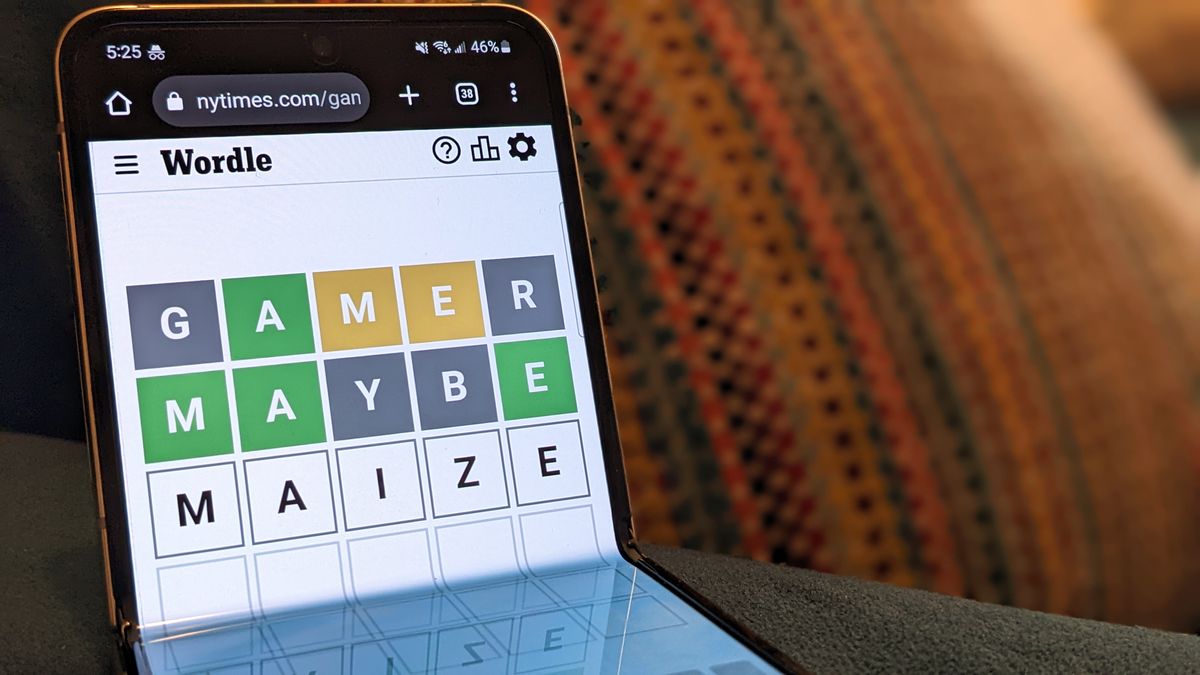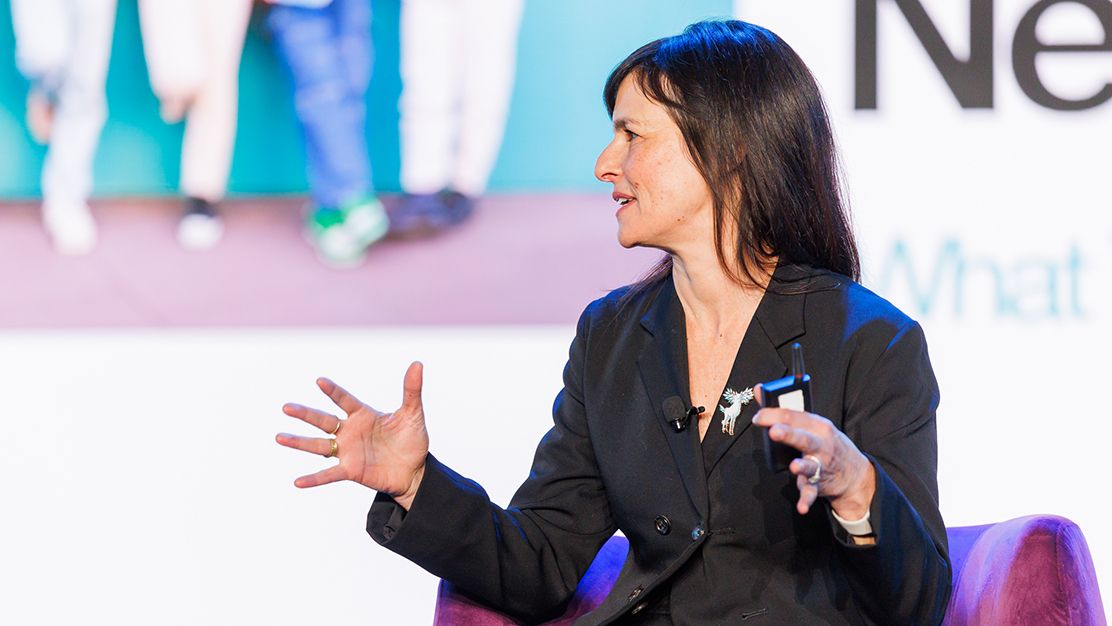President Trump may have only come into office mere months ago, but it already has a buzzword—and that word is tariff. While it's unclear if all of Trump's threats to heavily tax imports from various countries into the US will materialise, his administration has already announced a trade policy that includes a 10% tariff on goods imported from China.
Given China's role in technology manufacturing, that's probably bad news for US buyers. Speaking to The Telegraph, Acer CEO Jason Chen has given a simple reaction: "We will have to adjust the end user price to reflect the tariff," he said. "We think 10 percent probably will be the default price increase because of the import tax. It’s very straightforward."
While Acer is a Taiwanese company that makes a variety of desktop PCs, laptops, monitors and more, much of its manufacturing is based in China—something it shares with many other hardware providers (via Ars Technica). Chen also said that Acer was starting to consider moving its manufacturing elsewhere, echoing a strategy it began to employ with some of its products during Trump's first term, when similar tariffs were put in place.
It comes as no surprise that major hardware manufacturers would initially react to Trump's tariff-heavy approach by passing on costs to the end consumers. However, while a 10% rise is substantial, it's nothing like as heavy as Trump's previous threat to tax semiconductor, automobile and pharmaceutical imports by 25% or higher, or even slap a 100% tariff on Taiwanese chips.
Those sorts of increased costs strike as harder to pass on to buyers without a significant drop in sales, although these particular tariffs have yet to materialise in cold, hard legislation. Still, the threat alone is likely keeping hardware providers up at night, as it would represent a significant problem for the tech industry as it currently stands.
How much of this is bluster intended to bring companies (and countries) to the negotiating table, or how much is planned to be signed into action over the coming months, is currently unclear.
In regards to the silicon within our precious hardware, Trump has been publicly dismissive of the previous administration's CHIPS act, in which chip manufacturers were incentivised to move their operations to US soil with government subsidies.
"They've got nothing but money" he said in a speech on January 27, referring to foreign chip manufacturers. "They didn’t need money, they needed an incentive and the incentive is going to be that they’re not going to want to pay a 25, a 50, or even a 100 percent tax.
"They’re going to build their factory with their own money. We don’t have to give them money."
While it's too early to tell whether many manufacturers will consider moving their manufacturing outside of China and other potential tariff targets in order to beat the levies, Acer isn't the first. ASRock is also talking about moving at least some of its manufacturing to other shores alongside price increases, and PC Partner has already relocated its headquarters from China to Singapore in anticipation of export restrictions.
Prices seem likely to rise on all sorts of PC hardware in the coming months if these tariffs continue to roll out, so perhaps now is the time to consider a bit of shopping for that long overdue upgrade.

 17 hours ago
33
17 hours ago
33








![Anime Reborn Units Tier List [RELEASE] (November 2024)](https://www.destructoid.com/wp-content/uploads/2024/11/anime-reborn-units-tier-list.jpg)